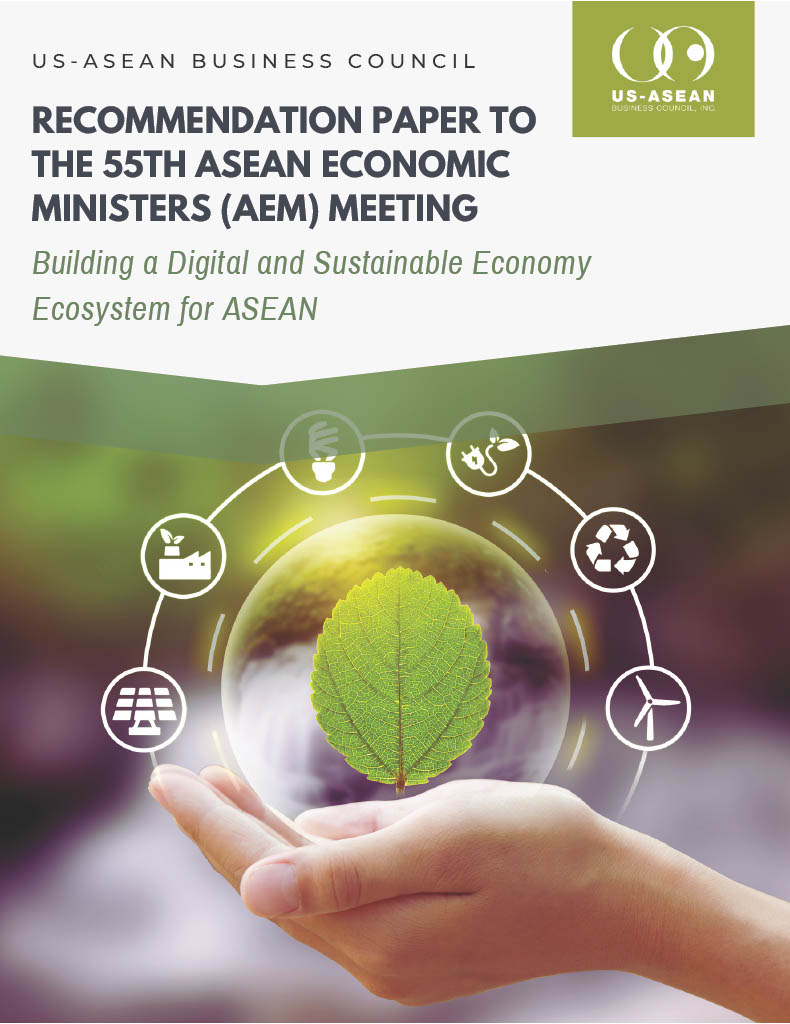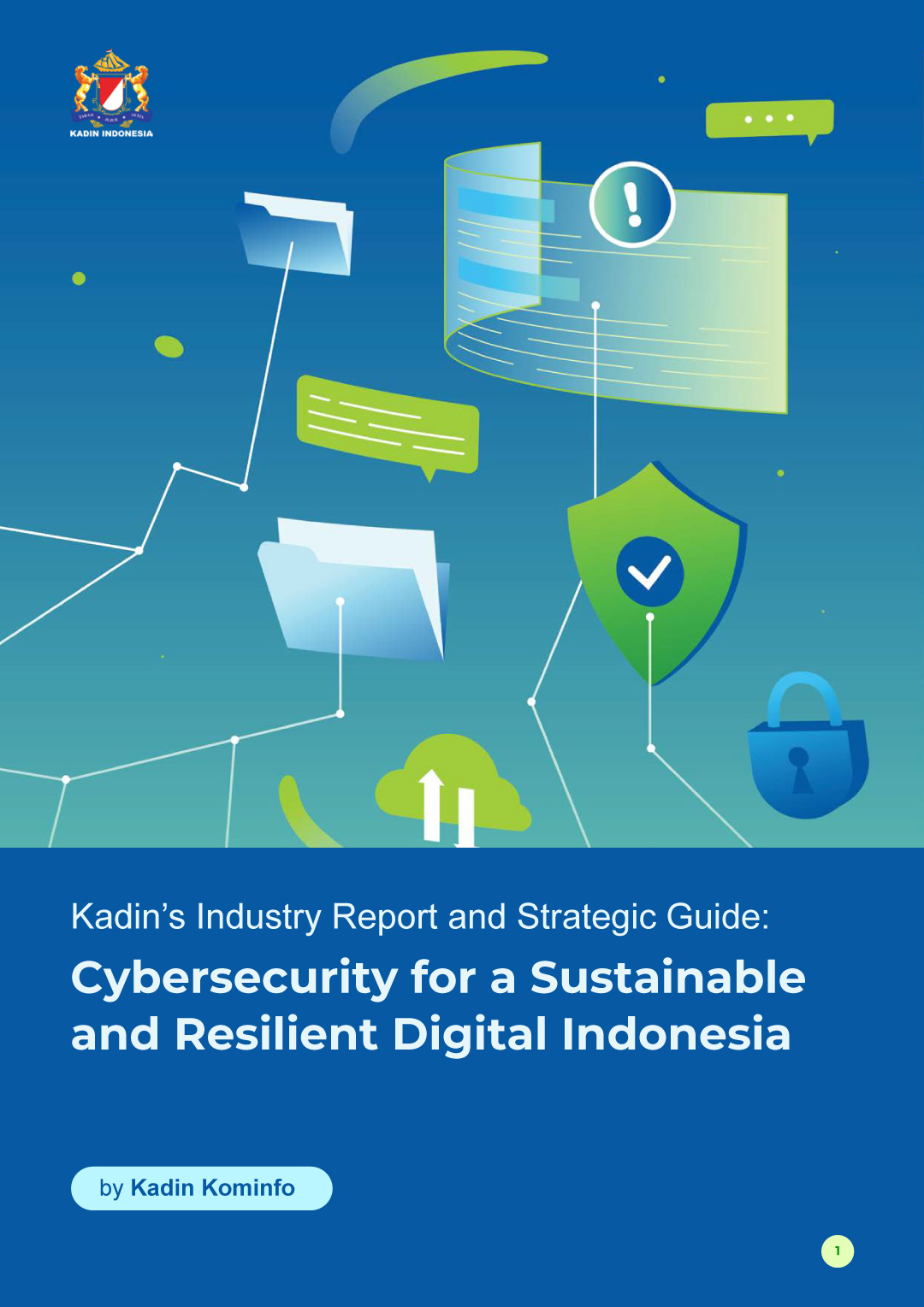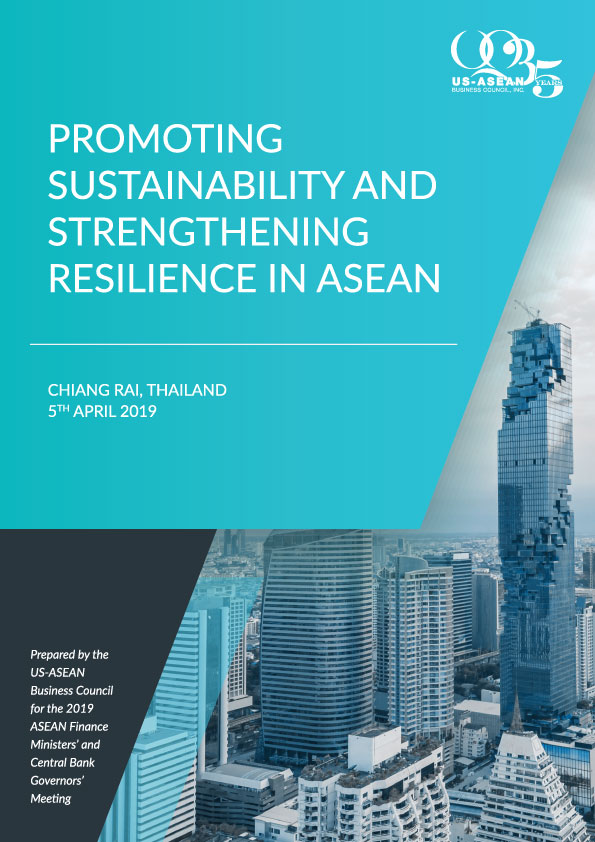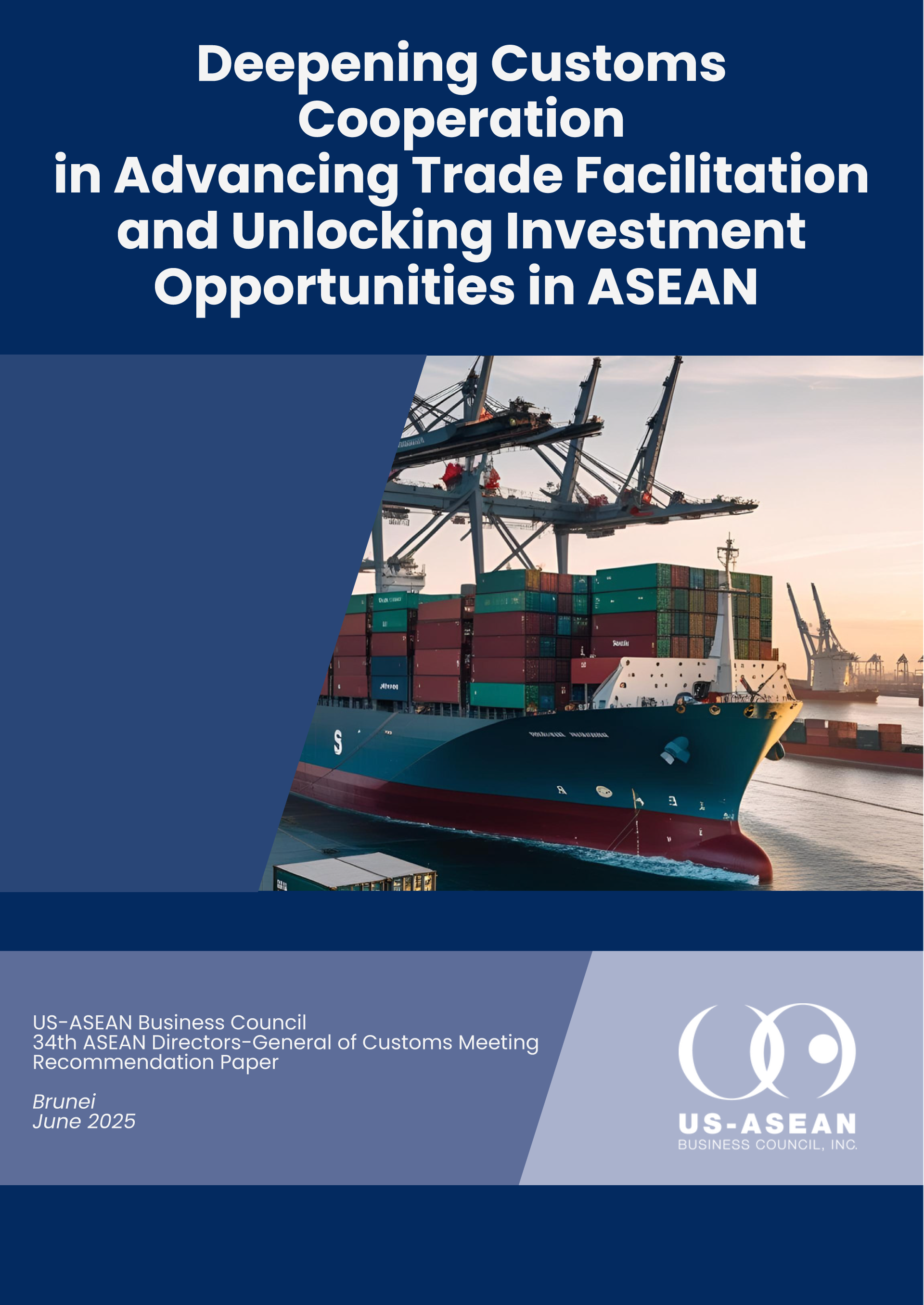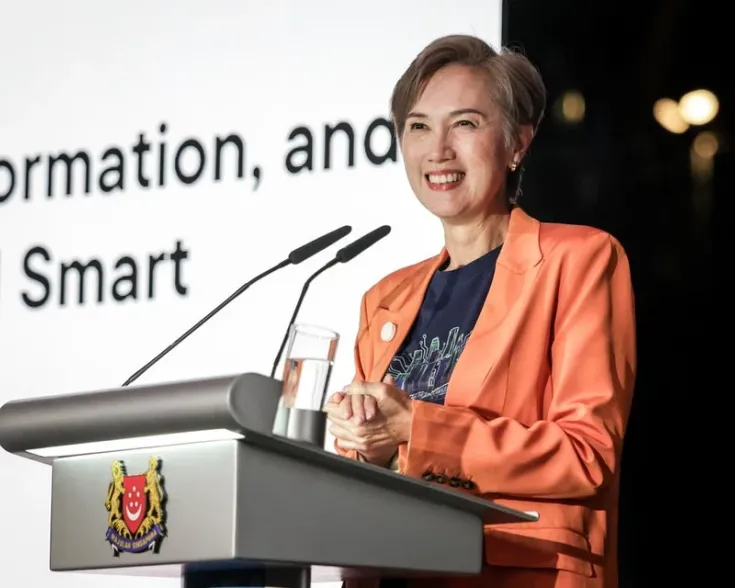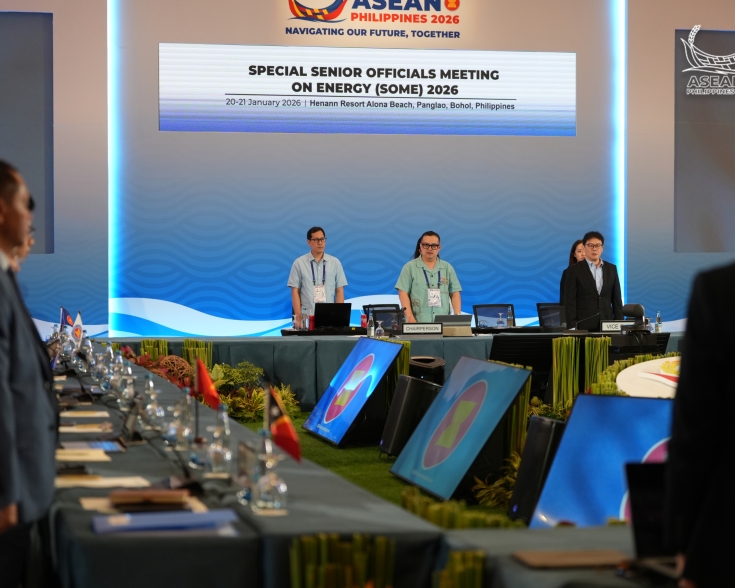Key Developments in ASEAN DEFA Formulation
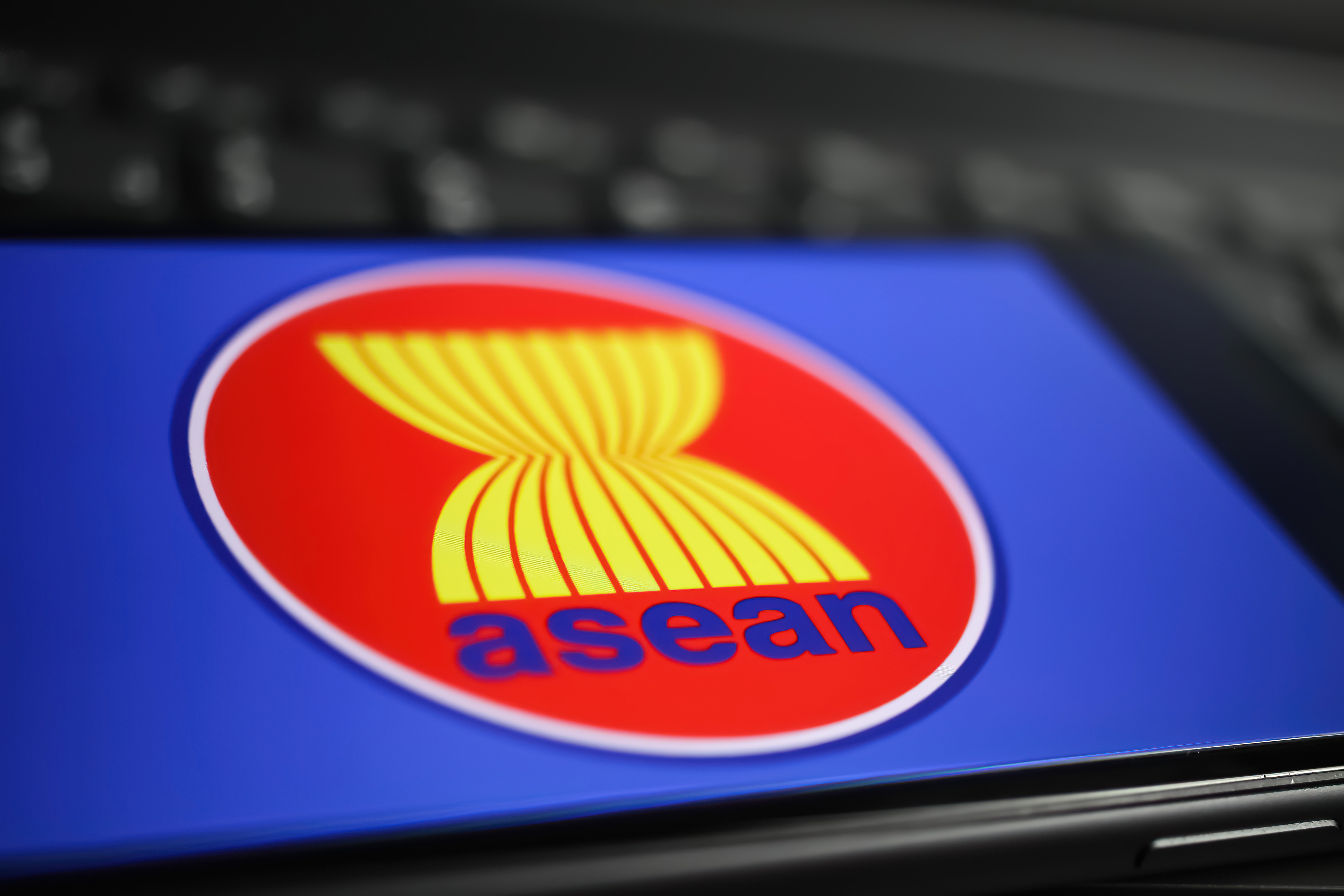
Background
The ASEAN Digital Economy Framework Agreement (DEFA) aims to position ASEAN as a global leader in the digital economy by enhancing regional cooperation and fostering inclusive growth. The initiative was first introduced during the 2021 ASEAN Economic Ministers (AEM) Meeting, which endorsed the Bandar Seri Begawan Roadmap, highlighting the need for clear digital trade rules to maintain ASEAN's competitiveness.
As part of this effort, the DEFA Negotiating Committee focuses on negotiating provisions critical to regional digital integration. These include cross-border data flow, which remains a contentious discussion as it balances the need for data movement with privacy concerns; digital payments, which aim to enhance interoperability and promote financial inclusion across ASEAN member states (AMS); and the non-discriminatory treatment of digital products, which seeks to ensure a level playing field for digital trade without additional barriers. Another critical area of focus is the role of artificial intelligence (AI), where discussions centre on creating regulatory frameworks to foster innovation while addressing ethical considerations.
DEFA Negotiation Progress and Implementation Plan
According to USABC’s intelligence effort, we found out that as of the first round of negotiations in 2025 held in Kuala Lumpur, more than 30% of the provisions were successfully cleared, marking a step toward finalizing the agreement. However, the DEFA text is still evolving, with over 100 paragraphs under ongoing revision as negotiators work to refine the agreement. With the target for completion by the end of 2025, an official announcement of DEFA’s conclusion is expected during the ASEAN Economic Community Council (AECC) Meeting in September or October 2025.
A major consideration in these negotiations is the adoption of a two-tier approach, which aims to accommodate the varying levels of digital economy readiness across AMS. This approach would allow AMS to have different stages of implementation of the DEFA commitments, supported by mechanisms such as grace periods or phased implementation. While the details of this approach are still under discussion, this strategy is not new to ASEAN. The two-tier model has previously been applied in agreements like the ASEAN Plan of Action for Energy Cooperation (APAEC) and the ASEAN Sustainable Consumption and Production (SCP) Framework, demonstrating its flexibility and effectiveness in fostering regional integration.
The varying levels of digital integration readiness across AMS are reflected in the ASEAN Digital Integration Index, which assesses six key pillars: digital trade and logistics, privacy and cybersecurity, digital payments, digital skills, innovation, and institutional readiness. Singapore stands out as the most digitally prepared country, having already signed digital economy agreements (DEAs) with countries like Chile, New Zealand, and the Republic of Korea. Other AMS, including Indonesia, Malaysia, and Thailand, are comparatively better prepared than countries like Brunei, Cambodia, Laos, and Myanmar, which still face challenges in several of these key areas. This discrepancy underscores the need for tailored support and capacity-building efforts to ensure that all AMS can effectively implement DEFA.
Looking Ahead: DEFA under Malaysia’s Chairmanship
As ASEAN Chair in 2025, Malaysia is playing a pivotal role in ensuring the successful conclusion and implementation of the DEFA. The Malaysian government has positioned DEFA as a key component of its broader digital transformation strategy, aligning it with national initiatives like the Malaysia Digital Economy Blueprint and the New Industrial Master Plan 2030, particularly for the Digital and Information and Communication Technology Industry. These initiatives highlight Malaysia's commitment to being a regional leader in the digital economy, emphasizing digital technology adoption, data management, and strengthening cybersecurity in trade.
Deputy Investment, Trade and Industry Minister Liew Chin Tong stated that in supporting the full implementation of DEFA across ASEAN, Malaysia is focusing on capacity-building programs that will help member states develop the digital infrastructure needed to support the framework. These programs will not only address basic digital literacy but also dive into more advanced areas, such as the adoption of emerging digital technologies, robust data management, and the development of strong cybersecurity measures. Malaysia’s strategic approach will ensure that all AMS can participate in and benefit from DEFA, regardless of their starting point in the digital economy.
USABC's intelligence efforts have gathered information indicating that the ASEAN is currently developing country-specific assessments for all AMS. These assessments will identify the unique needs of each member state and provide valuable insights into the necessary support for effective DEFA implementation. This includes capacity-building workshops and tailored policy recommendations aimed at addressing the specific requirements of each AMS.
Ultimately, DEFA will be a cornerstone in strengthening ASEAN’s competitiveness, fostering inclusive growth, and ensuring the region’s resilience in the face of rapid technological advancements. By aligning national priorities with regional goals, DEFA will serve as a catalyst for ASEAN's sustainable digital future, positioning the region as a leader in the digital economy on the global stage.



